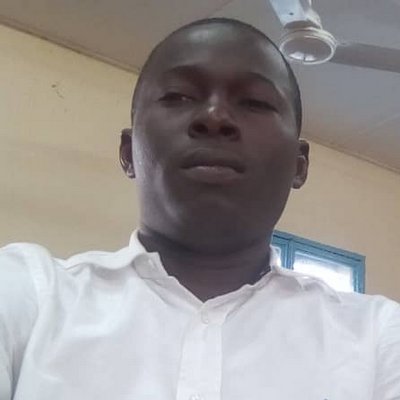
Hamadé offers a glimpse of his country of Burkina Faso, a landlocked nation in the heart of West Africa with an area of approximately 274,000 square kilometers and an estimated population of 21,510,181. The capital of the country is Ouagadougou. Formerly known as the Republic of Upper Volta, it has a young population, with 79 percent under 35. While many languages are spoken, French is the official language. Agriculture is the principal industry, employing 80 percent of the population. Burkina Faso is an exporter of cashews, cotton, sesame and many other agricultural products.
As an emerging expert in the field of biodiversity and climate change in his country, Hamadé earned a master’s in biological sciences/botany and plant physiology at the Joseph KI Zerbo University in 2011, and subsequently a certificate in secondary education.
“I have a crazy desire to continue my studies in the field of ecophysiology to better understand the responses of plants and animals to a plethora of stress that is so harmful for animal and especially plant life until the thesis,” Hamadé said.
He has co-authored a textbook on ecology and a paper with a colleague in France comparing two ecosystems. He also has supervised students as part of the initiation into research and on “citizenship and food” in 2020 and on “COVID-19 and biodiversity” in 2021.
“Passionate about the conservation of biodiversity and the improvement of the living environment of man, I created an ecology club for students in 2017, and together we created a botanical garden, organized meetings on the climate and other activities. The club is now officially recognized as an association called the Ecological Movement Clim’Challenges and Biodiversity that works in the field of environment and sustainable development.”
Welcome Hamadé!